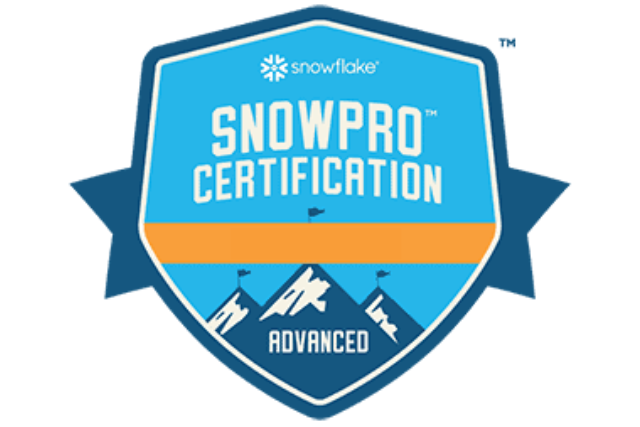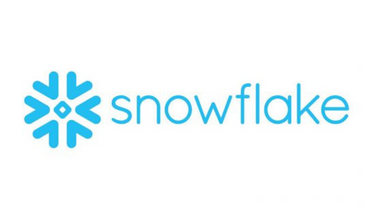Snowflake Data Analyst Training Certification Course
- 32 Hours
- 4/8 Lectures
Snowflake Data Analyst Training Certification Course
- 32 Hours
- 4/8 Lectures
$1299
$1500
Snowflake Data Analyst Training Overview
Register for the Snowflake Data Analyst training that Meesha Software is offering over the course of two days. This course will teach you how to navigate the Snowflake Cloud Data Platform, load data into it, visualize it, and extract insights from it. This class will include both lectures and laboratories, as well as class discussions.
The Intended Viewers:
Participants in this Snowflake Data Analyst should be data analysts or consumers of business intelligence.
Purposes of Instructional Goals:
- An outline of the most important aspects and architecture of Snowflake.
- Carry out complex data analysis functions with a high level of performance.
- Perform operations on newly loaded datasets.
- Examine some of the most important aspects of the SQL extension.
- Perform data queries and inspections using the main components of SQL.
- Utilize the finest procedures available when dealing with data that is semi-structured.
- The performance capabilities of query caching will be discussed.
- Creating data visualizations outside of Snowflake
Due to the limited availability of this course, it may take up to three weeks to organize the necessary training.
You are going to learn:
Module 1: Architecture and Overview of the Snowflake Model.
- Snowflake Overview
- The fundamentals of architecture and the ecology
- How to make advantage of the Snowflake user interface
Module 2: Data Movement
- The process of adding fresh information to the Snowflake Tables
- Dealing with a Number of Different SQL Data Types
- Discussing streaming data & leveraging external data lakes
- The optimal method of ingestion
Module 3: Querying Data Using SQL is Covered.
- Examine the blueprint.
- Examples and recommendations of effective data filtering procedures
- Sorting data & performance concerns
- Commonly used capabilities
- Save & export data output
- Time Travel questions
Module 4: Performance Features for Queries Saved in Caching.
- Result set cache
- Metadata cache
- Query data cache
- The most effective methods of using caching in order to optimize performance and costs
Module 5: Performing Analytical Tasks with the Data
- Utilizing Snowflakes' very effective estimate and approximation characteristics
- Join and Union inquiries & tweaking approaches
- Carry out more complex analytic activities by making use of extra SQL querying features, such as
- Analytic functions, common table expressions, and subqueries are all examples of this.
Module 6: Using Snowflakes SQL Extensibility Features.
-
Functions that are specified by the user
-
Standard Operating Procedures
-
Both Regular Views and Secured Views Are Available.
Module 7: Working with Semi-Structured Data is the Topic of point.
- Formats used to source data
- Support for the native kinds of data
- Operations using SQL (Grouping, Sorting & more)
- Routines that are built in for traversing, flattening, and layering data that is semi-structured.
Module 8: Visualizing Data
- Establishing a Connection Between Snowflake and a BI Tool.
- Experimenting with and visualizing data from sources other than Snowflake.
Course Curriculum
Meesha Software
- Exp. 4 year
In general, we use your information to improve our website's products and services and provide Services/products to you. More specifically, we might use the information we collect to provide you with the services and products you have requested; Send you



